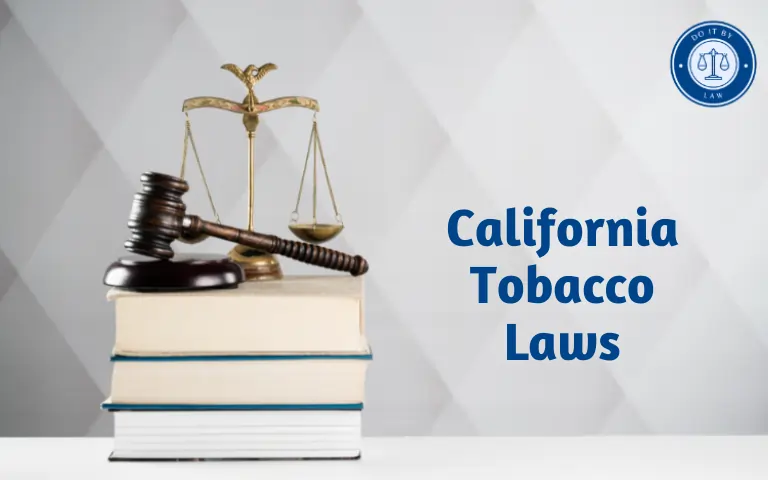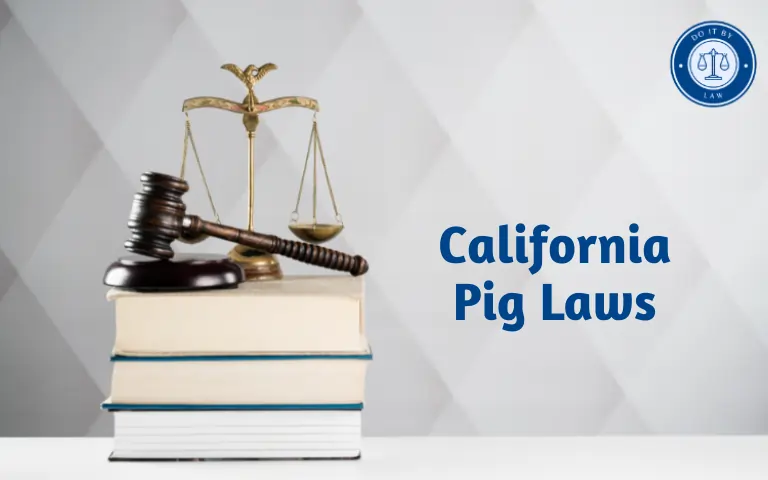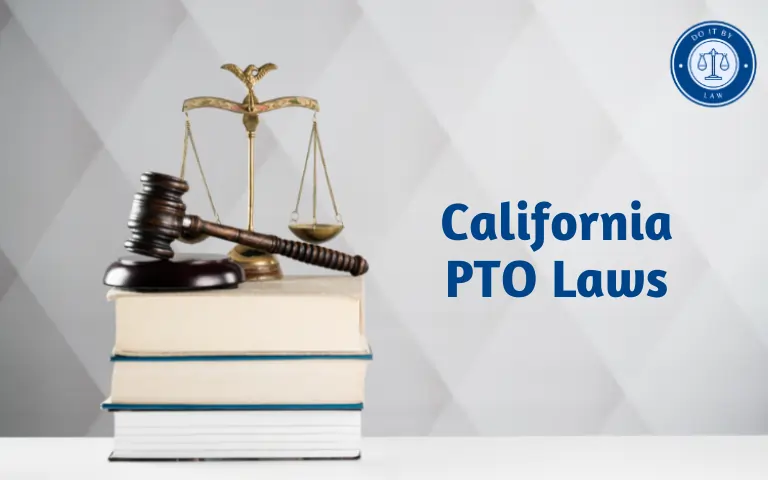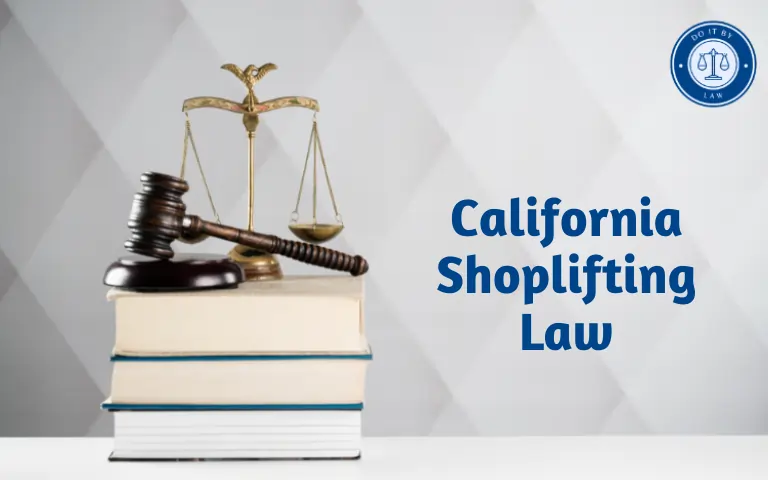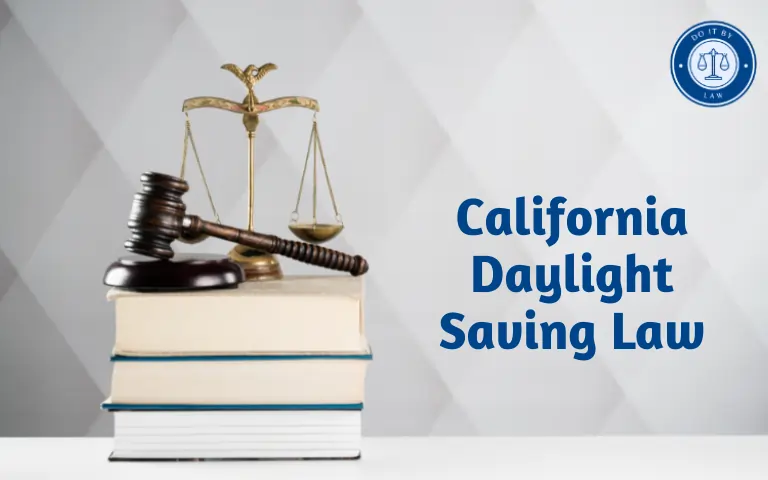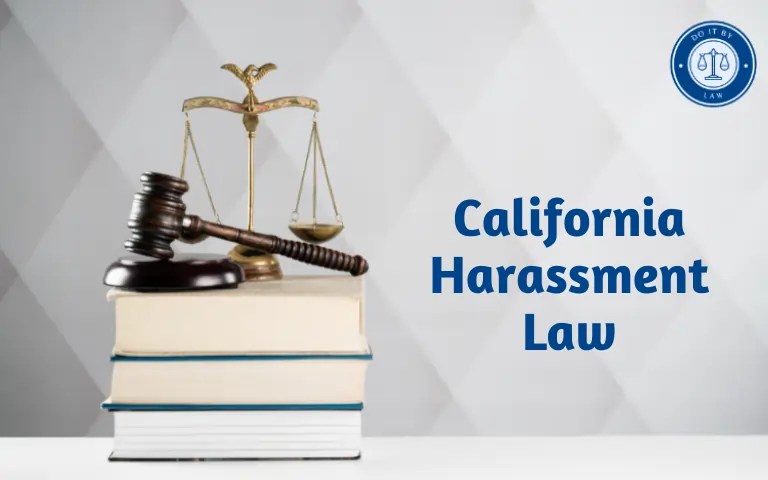California Tobacco Laws: What You Need To Know
California regulates tobacco products through various state and local laws restricting smoking, vaping, flavored products, licensing, taxes, and age sales eligibility. Rules expanded dramatically since the 1990s targeting public health issues like teen addiction. This article summarizes key aspects of California Tobacco Laws legislation.
Background On Enacting CA Tobacco Regulations
California State’s statewide Tobacco Control Program established in 1989 funds youth prevention and smoking cessation programs. But substantive restrictions came through voters who approved 1988’s Proposition 99 imposing the nation’s first tobacco tax supporting control efforts.
This paved way for the California Clean Air Act of 1994 launching smoking bans in workplaces and restaurants. As public momentum grew supporting action against tobacco risks, California enacted high cigarette taxes and pioneered many first-in-the-nation tobacco control policies.
Incremental Laws Over Time
- 1994 – Workplace indoor smoking restrictions
- 1998 – Smoking banned in bars
- 2016 – Legal age raised to 21
- 2020 – Flavored vape ban referendum
- 2022 – Flavored tobacco restrictions
Who Apply To In California Tobacco Laws
All individuals, retailers, distributors, and public locations permitting tobacco use fall under some regulations. Responsibilities differ for entities like schools, landlords, employers, stores, and smoke shops regarding tobacco sales, advertising, sampling, smoking area rules, age verification enforcement, and signage.
Key Provisions: Sale, Use & Marketing Limitations
Tobacco License Requirements
- Retailers, distributors, and wholesalers in California require a tobacco license through the Board of Equalization to legally deal in tobacco products including e-cigarette vape devices and accessories. Licenses are renewed annually.
Minimum Legal Sales Age
- 21 years old minimum to purchase any tobacco or vape products after state and federal changes since 2016. A photo ID scan is required regardless of age and appearance.
Flavored Vape Ban
- The pending referendum could ban retail sales of flavored vaping solutions including menthol. Flavors are only allowed in smoke shop on-site tasting rooms. Prefilled cartridges are banned but not devices or accessories.
Cigarette and Tobacco Taxes
- California levies over $2 per pack in cigarette taxes plus various tobacco taxes bringing wholesale cigarette costs to among the highest in the nation. Vaping solutions face different tax rates.
School Zones
- No tobacco retailers or smoke shops were granted licenses to operate within 1500 feet of schools. Vendor carts are prohibited within 1000 feet.
Minimum Pack Prices
- Wholesalers and retailers cannot sell cigarettes below state-set price floors per pack preventing deep discounting.
Advertising & Display Restrictions
- No tobacco-related advertising is allowed within 1000 feet of schools, playgrounds, or amusement parks. Product displays cannot be readily accessible without employee assistance. Branded merchandise is prohibited.
Added State & Local Smoking Bans
- Beyond mandatory statewide prohibitions, dozens of counties and cities enacted additional smoke-free zones for parks, beaches, restaurant patios, outdoor events, multi-unit housing common areas, and up to 30 feet from certain building entries.
Penalties for Violating California Tobacco Laws
Fines and penalties for breaking various tobacco rules include:
- Selling without proper licensing: Misdemeanor $1,000 – $5,000 fines and/or 6 months jail
- Sales to underage: $400 first violation, $600 second, $1000 third
- Repeat sales violations risk permit suspension/revocation
- Tax evasion: Felony tax fraud over $25k
- Smoking bans: Individuals face $100-$500 citations. Businesses fines up to $1000/violation
California Tobacco Laws Recent Changes & Proposed Modifications
After the legal tobacco & vape product sales age increased to 21 in 2016, California saw new regulations almost annually on issues like packaging, smoke-free housing expansions, and emerging products like disposables. Statewide flavored tobacco sales restrictions approved in 2020 now undergo a referendum to uphold or repeal in 2024. If retained, bans on flavored cigarette sales take effect but exemptions remain allowing flavors for premium cigars and loose tobacco bought on-site at smoke shops.
Several counties and cities continue expanding local smoking bans with proposals like prohibiting smoking in more parks, beaches, and sidewalk dining areas and restricting apartment smoking distances from windows and doors. Others consider licensing tobacco retailers akin to alcohol permits allowing more oversight on sales practices and youth access prevention.
California Tobacco Laws Controversies & Debates
California often faces discord between public health goals, civil liberties objections, struggles of small retailers, and billions in tobacco tax revenues whenever new tobacco laws arise.
For example, banning kid-attractive flavored tobacco provokes arguments that adults have rights to legal products they enjoy while opponents highlight risks of perpetuating youth addiction and unequally harming minority groups often targeted in menthol cigarette marketing. Pushing smoke-free multi-unit housing rules likewise balances improving indoor air quality against limiting where consenting adult individuals can smoke.
Ongoing controversies weigh perceived tradeoffs – whether incremental restrictions reasonably mitigate documentable risks vs overly infringing on personal freedoms and livelihoods.
Conclusion & Main Takeaways
California legislated extensive statewide tobacco regulations and taxes while enabling local jurisdictions to enact additional constraints around issues like smoking distances from buildings, apartment rules and retail licensing all aiming to curb smoking rates.
Rules frequently expand amidst political debates over balancing public health evidence against counterarguments defending adult choice rights, small business hardship claims, and budget impacts from declining tobacco revenues.
With smoking levels hitting record lows – but vaping surging as new concerns arise – tobacco laws seem likely to endure further change. Continued cultural shifts questioning smoking coupled with California’s influential stances often pioneering national dialogue point to more regulation ahead rather than unwinding existing controls.

